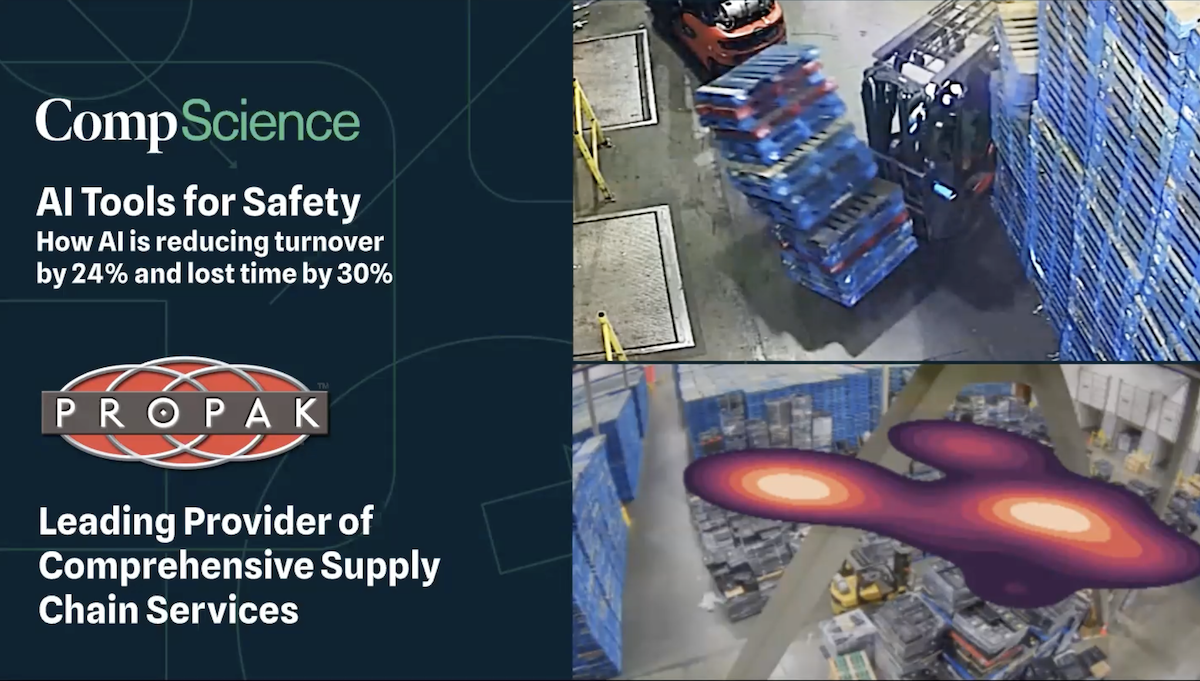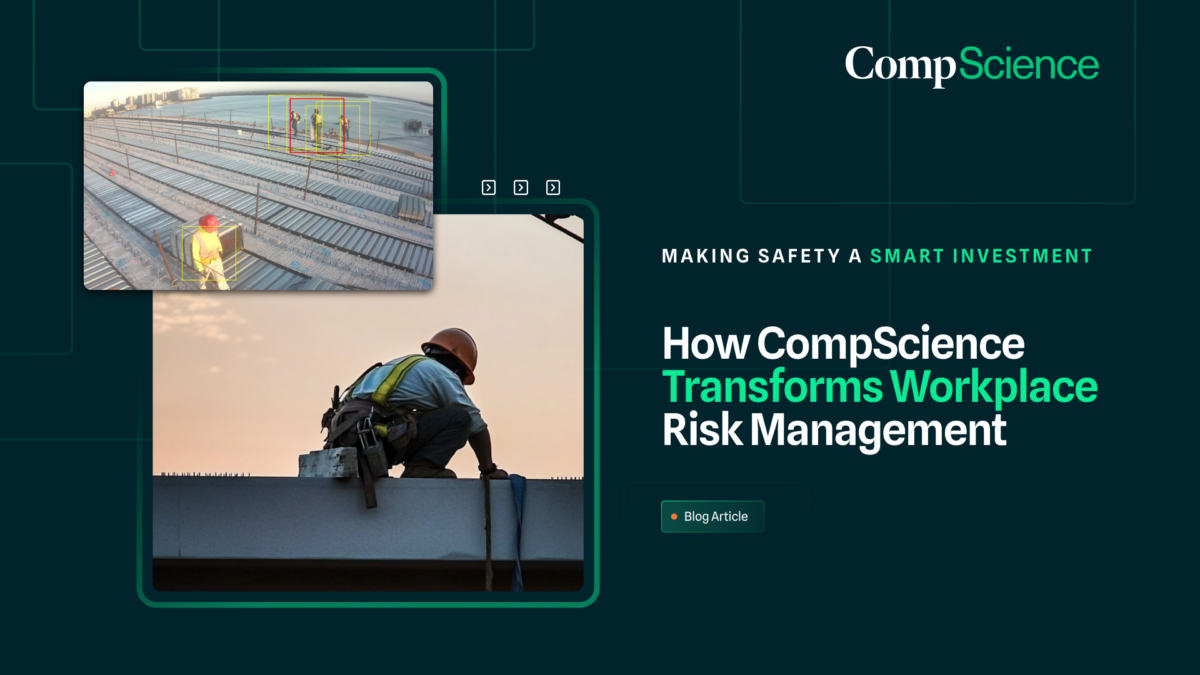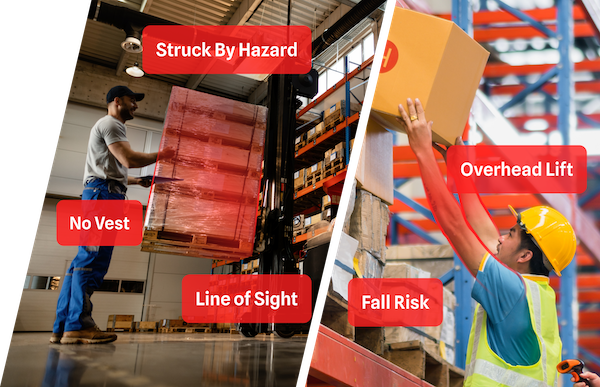
AI Tools for Safety
AI Tools for Safety: A Pre National Safety Council Webinar AI is rapidly transforming workplace risk. Now, CompScience gives safety professiona[...]
Read more
Workplace Safety AI: The Webinar for Workers’ Comp Agents
Learn why AI is rapidly transforming workplace safety into a differentiator and how you can use safety analytics from CompScience to help clients lowe[...]
Read more
How To Reduce DART Rates
Reducing the dart rate is a critical goal for any safety manager, as it directly relates to the safety and well-being of employees in the workplace. T[...]
Read more
Making Safety a Smart Investment
How CompScience Transforms Workplace Risk Management Workplace safety goes beyond compliance. It is essential for business continuity, operational eff[...]
Read moreLatest Posts

CompScience is Exclusive CMTA Member Benefit
You can lower your workers’ comp insurance rates while making your workplace safer through new Artificial Intelligence technology. CMTA has partnered with CompScience to reduce workplace accidents. CompScience has created an innovative tool using Artificial Intelligence to lower risks. CMTA members can take this free risk assessment. This benefit can help California manufacturers […]
Read more
Enhancing Hazard Communication with Computer Vision
In the complex landscape of workplace safety, effective hazard communication is critical, especially when dealing with hazardous chemicals. Safety Data Sheets (SDS) and labels play a pivotal role in conveying vital information about chemical hazards and safe handling practices. These tools, alongside procedures for safe chemical handling, reporting, and responding to chemical incidents, form the […]
Read more
Harnessing Computer Vision to Enhance Personal PPE Compliance
In the realm of workplace safety, Personal Protective Equipment (PPE) plays a pivotal role in safeguarding employees from various hazards. PPE encompasses a broad spectrum of gear designed to protect against specific risks, including helmets for head protection, safety glasses for eye safety, gloves for hand protection, and respirators for respiratory safety, among others. The […]
Read more
14 Types of Poor Ergonomics in Industrial Settings
Poor ergonomics in industrial settings can manifest in various forms, leading to discomfort, injuries, and reduced productivity among workers. Get a demo of CompScience to understand how poor ergonomics can be reduced. Here are 14 common types of poor ergonomics in industrial settings: Awkward Postures: Workers may be required to maintain awkward or unnatural body […]
Read more